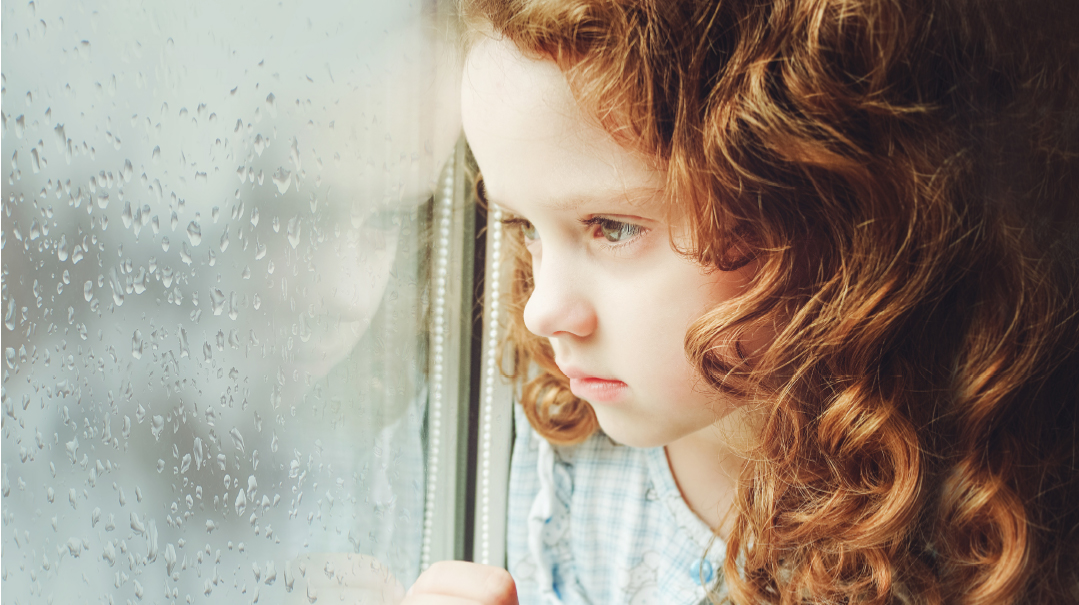When You’re Mine
| August 24, 2021Not for the first time, the shrieks from my soul escape, and I sob

Teacher, 2010
I feel the blow, but I don’t react. It’s not the first time a student has physically attacked me. I’ve been working with autistic preschoolers for a while now.
But I’ve been trained to handle behaviorally difficult children, and observing my teachers and coworkers at work has given me the knowledge, courage, and confidence to deal with anything these kids throw at me.
I look at the child who has just hit me. He’s sitting across from me in his cube chair. He’s frustrated. I take a deep breath and say, “Nice hand, hands aren’t for hitting.” Then I move myself a safe distance away, but still within reach. I wait until he calms down.
It’s snack time. My coworker Nadine approaches me and smiles. I smile back, relieved that she’ll be taking over. I update her on how the morning has been. Nadine’s distributing Oreos for snack time, and I wistfully say, “I’d really love a cookie.”
“Girl, after that session, I think you deserve one,” Nadine says, and hands me one. I grin. It’s so nice to be appreciated.
Parent, 2021
I feel the blows land, and something inside me dies. My nonverbal five-year-old Gigi has just hit me. I didn’t allow her to have an extra snack, and she’s frustrated.
Ahuvah, my eight-year-old, begs for a snack that we don’t have in the house. I should have gone to the grocery store, but I was too tired after work, and anyway, I had to rush home to meet the school bus.
My husband leaves for Maariv with my son, and I’m stuck doing bedtime, again. Gigi babbles and screams, Ahuvah whines for my attention. I want to hug them both, but I’m too tired. I growl at them to go to bed. It takes more than an hour until they’re finally asleep.
As quietly as I can, I take out a container of ice cream from the freezer and eat in my bedroom, hoping to dull the pain in my back and the ache in my heart. Not for the first time, the shrieks from my soul escape, and I sob.
Oops! We could not locate your form.







